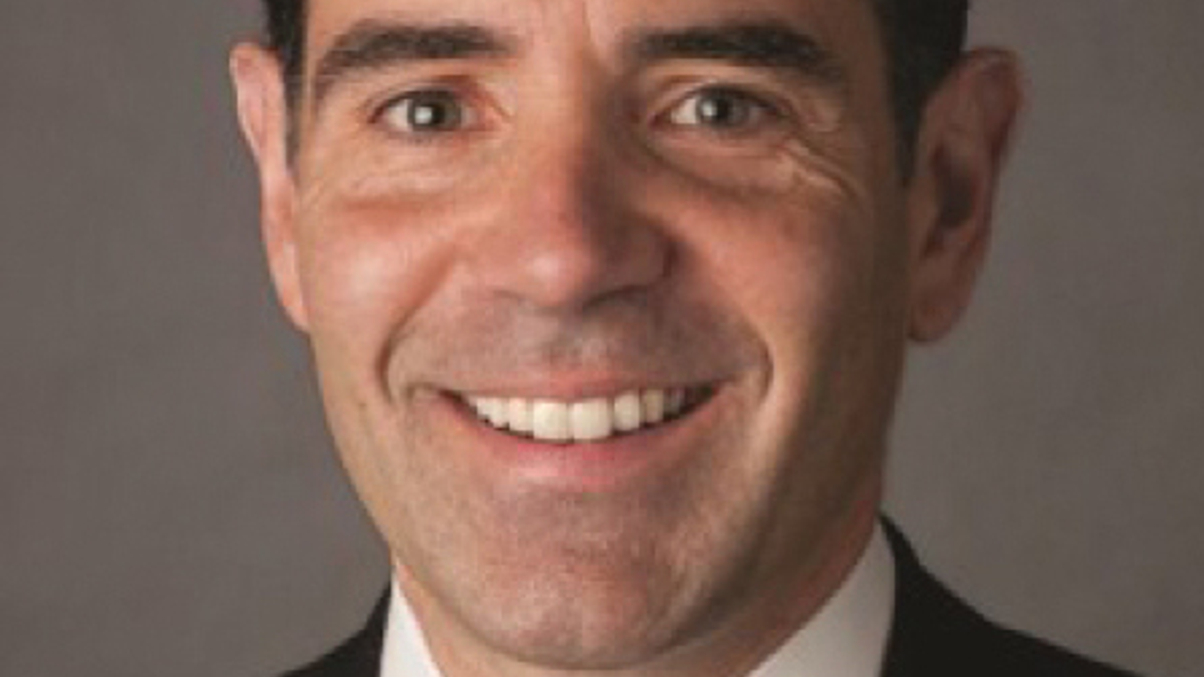Abenomics is 20 years too late, says MFS
With all the talk around stimulus measures giving Japan a much-needed economic boost, MFS Investment CIO Michael Roberge argues the measures should have been taken long ago.

Japanese prime minister Shinzo Abe’s recent stimulus measures to boost economic growth in the country have led to a rush into Japanese stocks, prompting global speculation that the world’s third largest economy has finally shaken off two decades of stagnation.
Sign in to read on!
Registered users get 2 free articles in 30 days.
Subscribers have full unlimited access to AsianInvestor
Not signed up? New users get 2 free articles per month, plus a 7-day unlimited free trial.
¬ Haymarket Media Limited. All rights reserved.


